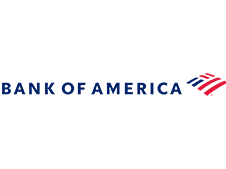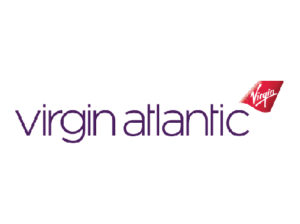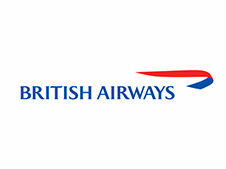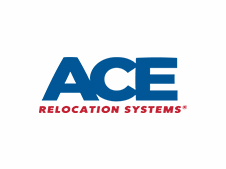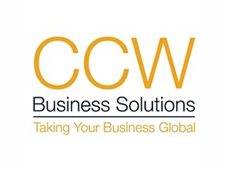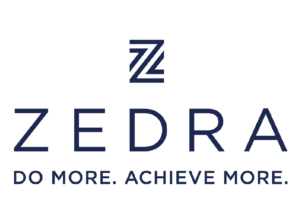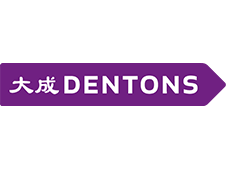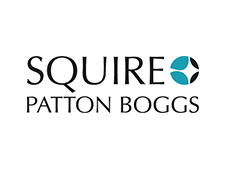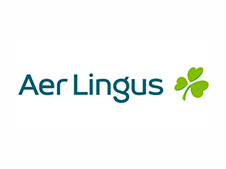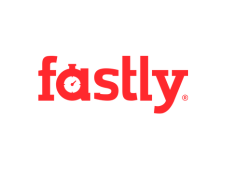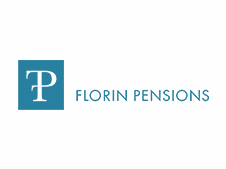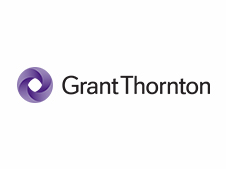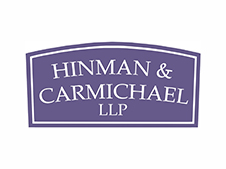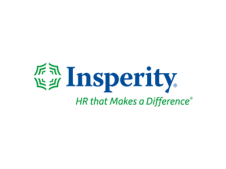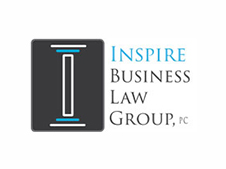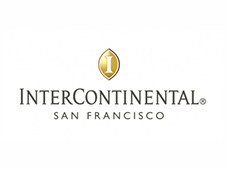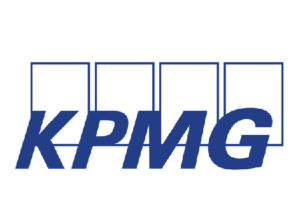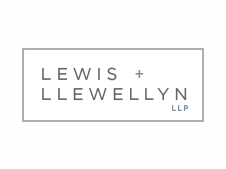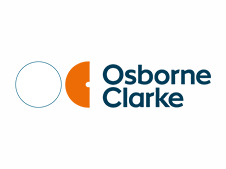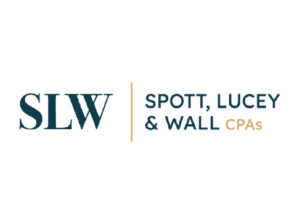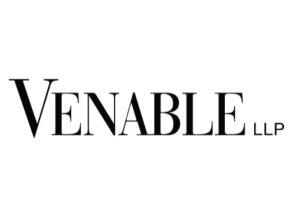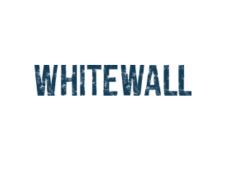United Kingdom: Parent Company may Owe a ‘Direct Duty of Care’ to Subsidiary’s Employees
In the Chandler Vs Cape case, the Court of Appeal has held that a parent company may be liable for injuries caused to the employee of its subsidiary. The parent company may owe ‘duty of care’ to its subsidiary’s employees in specific contexts where the parent company structures its relationship with subsidiaries very closely.
Chandler v Cape PLC [2011] EWCA Civ 525 Case: Background
Mr. Chandler, a former employee of Cape Building Products Limited (“CBP”), a subsidiary of Cape PLC between 1959 and 1962, was diagnosed with asbestosis in 2007 due to his exposure to asbestos. The claimant sued Cape PLC in the English High Court on the ground that the parent company should be held responsible for his health and safety as the subsidiary had closed down its operations.
Chandler v Cape PLC [2011] EWCA Civ 525 Case: Verdict
The Court of Appeal recognised that Cape Plc being CBP’s parent did not mean that it was liable to CBP’s employees. Though it was not a case where the “corporate veil” could be pierced, the Court of Appeal held that Cape Plc should be held liable under law of torts. The Court of Appeal found that Cape Plc had assumed a duty of care to CBP’s employees since: the damage was foreseeable, there was sufficient proximity of relationship between Cape Plc and CBP; therefore it was fair to impose the duty of care on Cape Plc.
In the Chandler v Cape PLC [2011] EWCA Civ 525 Case, ‘Duty of Care’ arose considering the following conditions:
Both the parent company and its subsidiary were involved in a similar business; in this case, asbestos.
The parent company was aware, or should have been aware of the fact that its subsidiary’s work was risky.
The parent company was aware, or should have been aware of the fact that the subsidiary or its employees depended on its own high level of knowledge regarding health and safety issues of the employees.
The court looked at the relationship between the companies more widely. The court found evidence that the parent has a practice of intervening in the trading and funding operations of the subsidiary.
Important Lessons for a Parent Company:
Parent Companies will need to consider the extent to which they are involved in their subsidiaries’ operations, e.g. by setting detailed group health & safety policies and risk assessments, providing group-wide technical support or generally in relation to involvement in trading or funding.
They will need to consider whether that involvement is suitable and how it should be structured and managed across the group.
Concerns over parent liability may also influence corporate structuring such as for complex entities like joint ventures: for example, shareholder agreements should set out clear rules for the involvement of shareholders to ensure that the potential for liability is understood and appropriately managed.
UK-based parent companies will need to be concerned about possible liability for the operations of their overseas subsidiaries which may have different standards and safeguards for health & safety.
Saudi Arabia Makes Arabic Mandatory for Business
Saudi Arabia has made Arabic as the mandatory business language in all commercial and business dealings. Companies doing business in Saudi Arabia are required to abide by the new ruling requiring business and commercial documents like utility bills, advertising, contracts, and insurance certifications to be written in Arabic.
The enterprises which fail to adhere to the ruling will be liable to pay a fine of SR 100,000, which can be doubled. In case of repeated offence, businesses may also face the risk of being asked to close down for a year.
The earlier legislation required keeping commercial books of business in Arabic language. However, in practice, the Department of Zakat and Income Tax (DZIT) has been satisfied with receiving responses to its objections or queries in Arabic.
After this new legislation, the use of Arabic language would be mandatory in all commercial and business dealings for businesses operating in Saudi Arabia. Therefore, businesses may need to translate books of accounts and commercial records in order to comply with the new legislation.
South Korea to Hike Tax Rate for Foreigner Workers
The Korean government has declared a plan to hike the flat rate of tax for foreigners by two percent which may affect expatriate workers and companies in South Korea.
Currently, foreigners for the purpose of personal income tax, have the option to choose between the flat tax rate of 15 % and progressive rates of tax from 6% to 38%. However, the effective rate also attracts a local surcharge of 10% on income tax levied under either flat rate or on progressive rates, depending on method applicable (opted) by the taxpayer.
This flat rate of 15% is expected to increase to 17%, after the above proposal receives an approval from the Korean parliament in December.
Restructuring French Subsidiaries May Lead To Financial Liability For Larger Group
In a string of recent decisions, the French Supreme Court has asserted that a parent company can be regarded as the co-employer of its subsidiary’s employees and shares any liabilities that may arise from a restructuring process.
In a recent case, employees were transferred between two subsidiaries of a French parent company after the parent moved the activities of the first subsidiary to the second one.
Employees of the French subsidiary who refused the transfer were terminated and some of them subsequently went to a French labor court claiming damages from the subsidiary (their original employer) and the parent company that ordered the restructuring.
The court took the view that there was “intermingling of interests, activity and management” between the subsidiary and the parent company and hence both companies were co-employers and co-liable.
The Theory of “Intermingling of Interests, Activity and Management”
The court ruled that the “intermingling of interests, activity and management” was demonstrated because:
The parent company owned majority of the shares and the subsidiary was clearly economically reliant on the parent.
The parent company took strategic decisions (For e.g. decision for the transfer of activities between the two subsidiaries leading to consequences like the termination of employees).
There was joint management of staff of all the three companies.
The fact that the subsidiaries were not truly autonomous bodies; their operations were managed by the parent company.
The Implications
The latest verdict is critical to note for companies doing business in France and especially those setting up or operating subsidiaries in France as it reaffirms numerous earlier decisions by French labor courts extending liability to the larger group. In the context of restructuring, the “intermingling of interests, activity and management” test will be used to access the liabilities of the companies involved.

